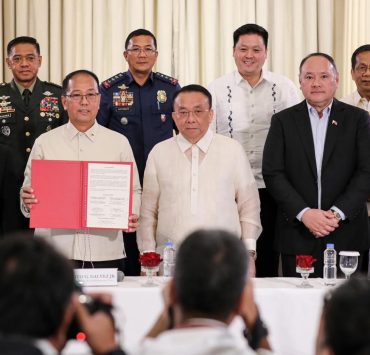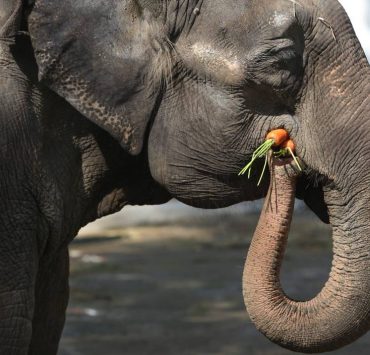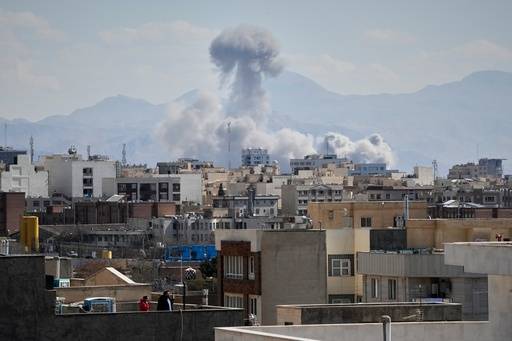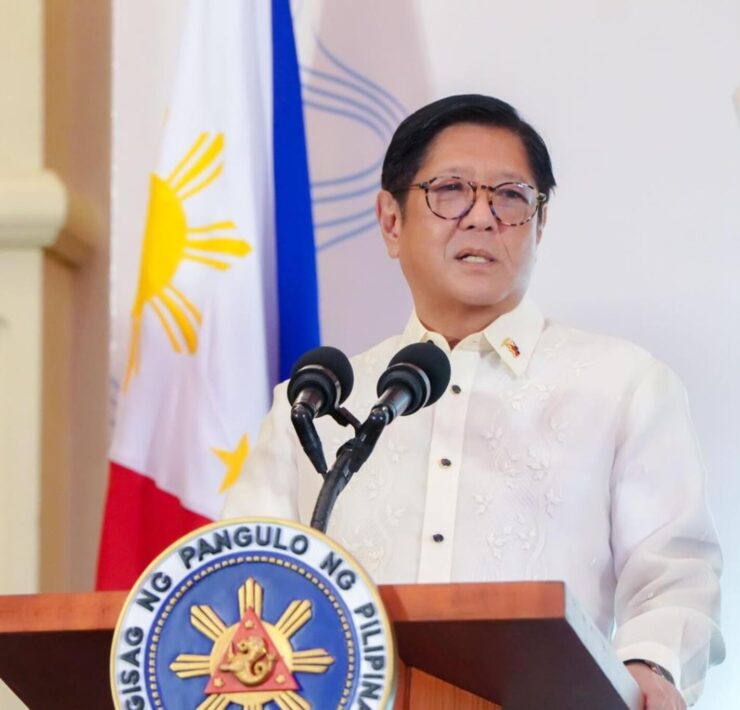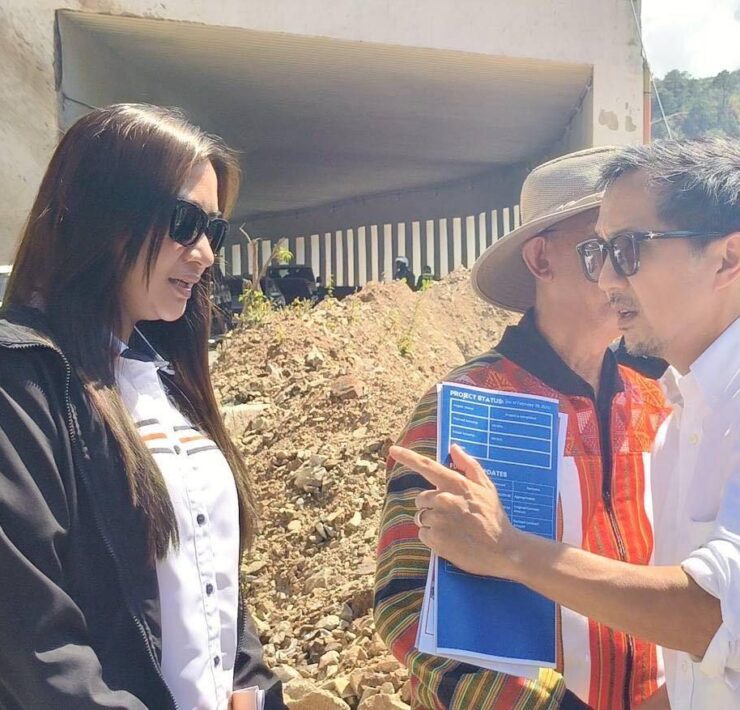Marcos OK enough in PH return to ICC–Drilon
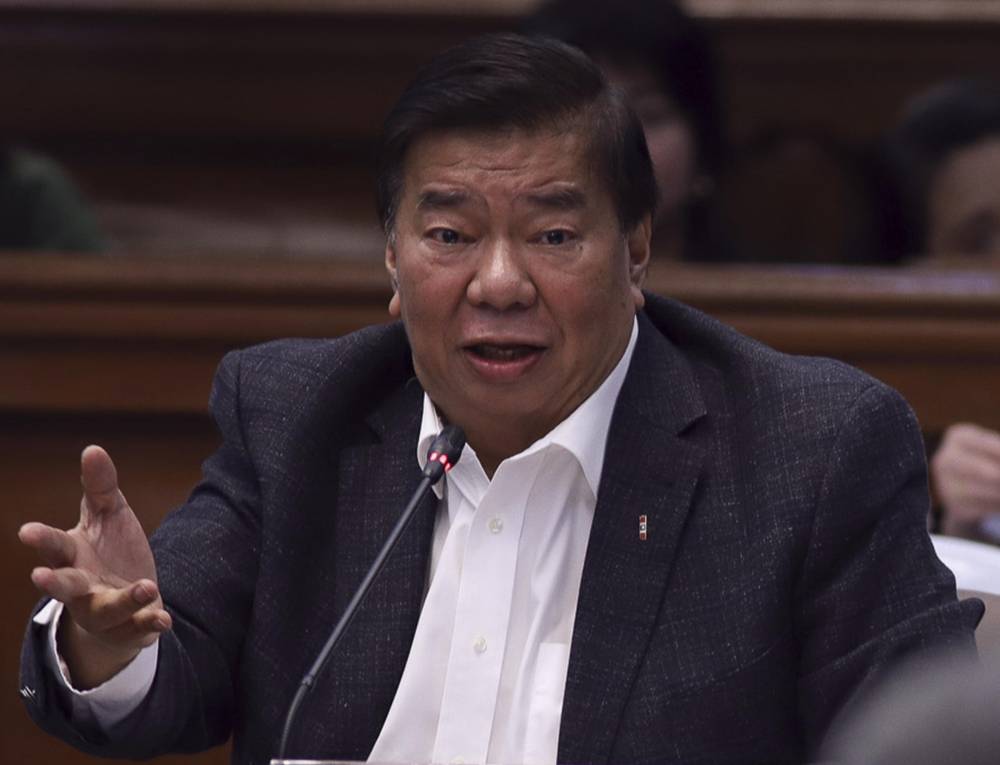
President Marcos can decide by his own legal authority if the Philippines is to rejoin the International Criminal Court (ICC), without the need for Senate concurrence, former Senate President Franklin Drilon said on Tuesday.
“In my view, the concurrence of the Senate is not necessary for the Philippines to rejoin the [ICC]. The Philippines can rejoin the ICC without returning to the Senate,” Drilon said in a statement.
The former justice secretary’s view challenged an earlier assertion by Sen. Ronald dela Rosa, who suggested that any move by the government to return to the ICC fold would require a majority approval by the senators.
The prospect of the country’s return to the ICC had been gaining ground after the House of Representatives entertained measures urging the government to allow ICC prosecutors to proceed with an investigation of alleged crimes against humanity in the illegal drug campaign led by former President Rodrigo Duterte.
In March 2018, weeks after the ICC prosecutor’s office launched an initial inquiry into alleged extrajudicial drug killings in the Philippines, a furious Duterte ordered that the country withdraw its membership in the Rome Statute, the court’s founding document.
The withdrawal took effect one year later.
But a provision in the statute states that withdrawing from the treaty shall not exculpate any persons charged in ongoing investigations of the ICC, a tribunal based in The Hague, the Netherlands, which tries state leaders on war crimes and genocide.
On Monday, Dela Rosa, who served as Duterte’s national police chief and is a potential respondent in the ICC case, told ANC’s “Headstart” that rejoining the ICC “has to be ratified by the President, and after the President’s ratification, it has to be concurred [in] by the Senate by a two-thirds vote.”
Purely executive
But Drilon disputed this view, saying Mr. Marcos could simply reverse Duterte’s decision.
“If Duterte could unilaterally withdraw from ICC, President Marcos should similarly have the authority to rejoin the ICC,” he said.
“The President can rely on the original resolution or ratification, as it remains valid and in effect,” he said, referring to Senate Resolution No. 57, which the chamber passed on Aug. 23, 2011, expressing its concurrence with the country’s ratification of the Rome Statute.
The resolution was authored by the late Sen. Miriam Defensor Santiago during the administration of the late President Benigno Aquino III.
Under the treaty, the ICC can step in when countries are unwilling or unable to dispense justice for the core crimes of genocide, crimes against humanity, war crimes or crimes of aggression.
With the Senate’s prior ratification of the treaty, the government rejoining the ICC becomes purely an executive action, according to Drilon.
“Resolution No. 57, like any other resolution or law, remains legally binding unless specifically repealed. Its ratification has never been revoked,” he said, adding: “The Senate’s concurrence in the ratification of the Rome Statute was never withdrawn. It therefore remains valid.”
Agreeing with Drilon, former Sen. Leila de Lima said it should not be a problem for the Philippines to rejoin the ICC, as “first and foremost, the country’s withdrawal was very questionable.”
Speaking with reporters, De Lima, also a former justice secretary, said Duterte had only withdrawn the Philippines’ membership to escape accountability for his human rights violations.
Cracks in alliance
Last week, Mr. Marcos implied that he was open to the possibility of rejoining the ICC, saying: “There is also [the] question: ‘Should we return under the fold of the ICC?’ So that’s again under study. So we’ll just keep looking at it and see what our options are.”
His remarks sparked speculations of cracks in his alliance with Vice President and Education Secretary Sara Duterte, the daughter of the former president. (See related story on Page A5.)
This developed weeks after her two offices were stripped of P650 million in confidential funds by the House of Representatives led by the President’s cousin, Speaker Martin Romualdez.
In October, the older Duterte, angered by the transfer of his daughter’s secret funds, lashed out at the House, describing it as the “most rotten institution,” which then prompted the chamber’s leaders to adopt a resolution defending their honor.
The brewing feud is believed to have triggered recent House moves to entertain three measures urging the government to allow ICC prosecutors to proceed with the inquiry into Duterte’s drug war killings.
In the Senate, opposition Sen. Risa Hontiveros filed her own resolution urging the President to cooperate with and assist the ICC in looking into the human rights situation in the Philippines.
Good for ICC
In filing Senate Resolution No. 867, the senator said: “The best way for Malacañang to show its commitment to upholding human rights is to work with the ICC in securing justice for human rights violations victims, and in upgrading mechanisms of human rights protections in the Philippines.”
On Tuesday, human rights lawyer Neri Colmenares, legal counsel to drug war victims, said that while any resolution of Congress would not impact issues on jurisdiction, “it would be good for ICC investigators if the resolution is passed.”
“That’s why we urge both the House and the Senate to approve the resolutions to cooperate, as this would greatly facilitate the investigation considering the difficulty of families of the victims to access documents and evidence under Duterte,” he told the Inquirer. —WITH REPORTS FROM KRIXIA SUBINGSUBING AND GILLIAN N. VILLANUEVA INQ














